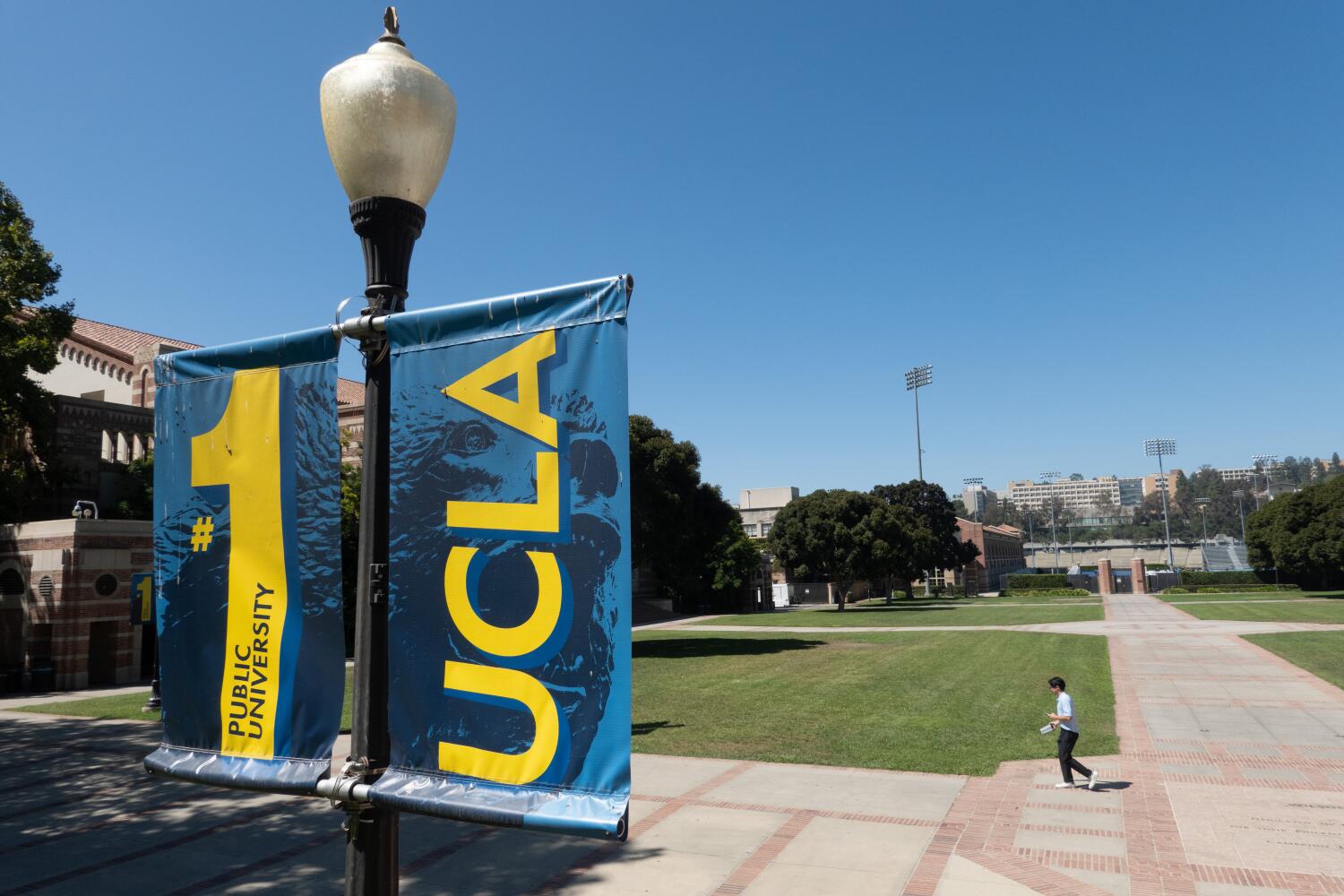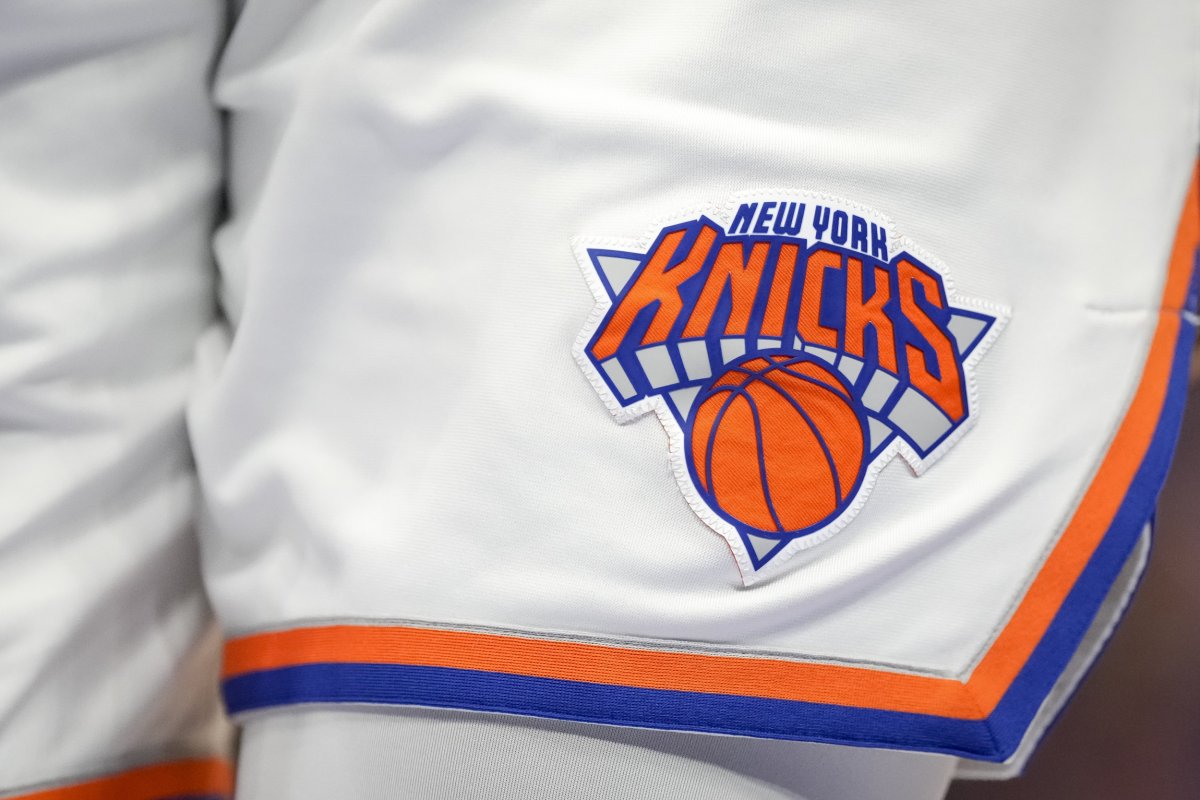-
Text Messages From Suspect in the Kirk Shooting Provide a Glimpse of a Motive - 3 mins ago
-
Packers’ Jordan Love Doesn’t Hold Back on Micah Parsons - 6 mins ago
-
'The Housemaid' Trailer Gives First Look at Sydney Sweeney-Led Thriller - 41 mins ago
-
UC employees, not waiting on leaders, sue Trump for ‘financial coercion’ over UCLA cuts - 46 mins ago
-
The Kirk Crackdown Is Underway - 47 mins ago
-
Knicks Sign Matt Ryan, Alex Len to Training Camp Deal - about 1 hour ago
-
Trump Delays TikTok Ban Again - 2 hours ago
-
Some Warriors Coaches Didn’t Want to Draft Jonathan Kuminga - 2 hours ago
-
OC prosecutors office faces more allegations of harassment - 2 hours ago
-
National Parks to Remove Some Materials on Slavery and Tribes - 2 hours ago
We Don’t Have to Agree to See Each Other as Human | Opinion
When TV show host Jimmy Kimmel reacted to the killing of Charlie Kirk, he asked, “Instead of the angry finger-pointing, can we just for one day agree that it is horrible and monstrous to shoot another human?” It’s a simple question, but it cuts right to the heart of where we are as a country.
There are many issues we need to address in the context of violence—from guns, to mental health, to political extremism. But there’s also a deeper problem with how we talk to one another, how we divide ourselves into rigid camps, and how little space we leave for empathy in our public discourse.

Getty Images
When A Starting Point (ASP) began, my goal was to make complicated policies and issues feel less intimidating, so more people felt comfortable engaging with them because these issues affect us all. And through my own experiences—interviewing elected officials and listening to people I don’t always agree with—I’ve learned how valuable it is to hear directly from different viewpoints. I’ve grown because of those conversations.
So why talk about this now? In the last 14 months, we’ve seen countless acts of political violence against Republican and Democratic leaders alike, including the killing of Democratic Minnesota State Representative Melissa Hortman, an arson attack on Democratic Governor Josh Shapiro’s residence, and the two attempted assassinations of President Donald Trump.
Why does Kirk’s killing feel like the straw that broke the camel’s back? For me, it’s because it exposes something we’ve been ignoring: the way binary choices and political silos leave no room for nuance, no room for humanity, and no room for growth. We’ve seen this before. After 9/11, as broken and shocked as we were, there was a sense of unity. The question now is whether tragedies like this will drive us further apart or whether they can help bring us back together.
Philosophically, I’m not aligned with Charlie Kirk. But that doesn’t mean I should cheer his death– or anyone’s. It’s far too easy to dehumanize people we disagree with. It’s even easier when our politics, our media, and even our corporations encourage us to see the world as us versus them. Everywhere we look, we’re asked to pick a side. And in that process, we lose sight of this basic truth: We don’t have to like what someone says or does to still see them as a person. And people, no matter how divided, should not kill each other.
There are hard questions here: Where’s the line between identity politics that divides us and the cultural pride that strengthens us? How do we repair a broken political reward system that incentivizes outrage instead of solutions? What responsibilities do policymakers and the media that shape our conversations have in creating a healthier civic space? What responsibility do we all have as individuals?
I don’t have all the answers. But I do know this: The first step is refusing to let ourselves be pushed into corners where empathy is no longer possible. My hope behind ASP has always been that we could disagree with respect, recognize different values, and still move forward together. That may sound idealistic. But it’s also deeply practical. Because a society that sees others as less than human is a society that eventually tears itself apart. And individuals who don’t see each other are more likely to feel comfortable throwing stones at each other. Then we grow further apart, stones leading to bullets, bullets leading to bombs.
Through the many ASP events and conversations I’ve had with young people around the country, I’ve seen this type of constructive engagement firsthand, and it continually inspires me. We’ve all seen what happens when we let fear and hate drive us. The choice now is whether we want to keep going down that road—or whether we’re ready to do the hard work of seeing each other, truly, as people again. Personally, I choose the latter.
Mark Kassen is an actor, filmmaker, and co-founder of civic engagement platform A Starting Point (ASP).
The views expressed in this article are the writer’s own.
Source link











